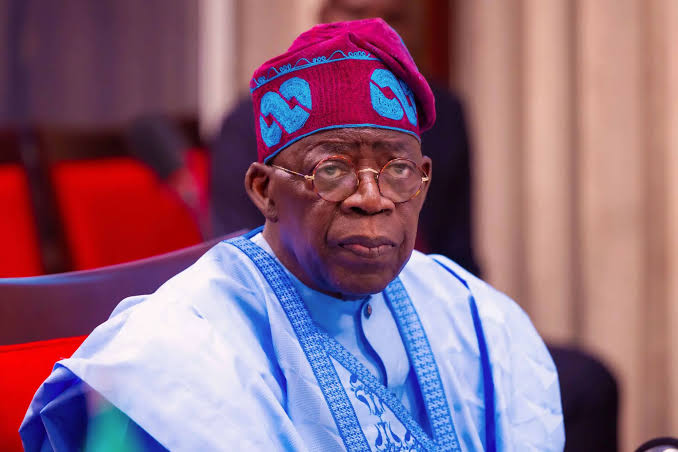Fresh data from the International Monetary Fund (IMF), released on April 30, 2025, shows that Nigeria is expected to pay SDR22.35 million in charges and interest this year. In total, the country owes SDR125.99 million in charges and interest.
According to the exchange rate on currency platform XE, one Special Drawing Right (SDR) equals N2,180. This puts Nigeria’s outstanding IMF charges at about N274.66 billion.
Future Payment Outlook
Nigeria’s projected payments to the IMF are expected to continue over the next four years:
2025: SDR22.35 million
2026–2027: SDR25.91 million each year
2028: SDR25.92 million
2029: SDR25.90 million
These figures exclude the principal repayments, which Nigeria began in 2023.
Loan History and Tinubu’s Role
The IMF debt originated in April 2020, when Nigeria secured a loan of SDR2.454 billion. From 2020 to 2022, the country only paid charges and interest:
2020: SDR13.22 million
2021: SDR25.88 million
2022: SDR25.89 million
Principal repayments began in 2023. That year, SDR613.63 million was paid, followed by SDR1.227 billion in 2024. Another SDR613.63 million is scheduled for 2025.
Since President Bola Ahmed Tinubu took office in 2023, his administration has overseen Nigeria’s debt servicing. As of April 30, 2025, IMF data confirms that scheduled principal repayments have been made. However, the country still owes SDR125.99 million in charges and interest.
Naira Depreciation Doubles IMF Debt
According to the Central Bank of Nigeria’s (CBN) 2024 financial report, Nigeria’s IMF debt rose sharply due to a weakening Naira. SaharaReporters stated that the debt increased from N2.5 trillion in 2023 to N5 trillion by the end of 2024. This was caused by significant foreign exchange losses.
The CBN noted that Nigeria now pays almost double in local currency to meet its IMF obligations.
Conflicting Claims from Officials
Presidential aides Bayo Onanuga and Dada Olusegun claimed that Nigeria had cleared its IMF debt. However, SaharaReporters disputed these statements. IMF records still list charges and interest as part of Nigeria’s “overdue obligations and projected payment funds.”
Even if the principal has been repaid, the weaker Naira means the country is spending more of its revenue to meet those obligations. As a result, the financial burden remains heavy.
Debt Servicing Cuts into Development Spending
Debt repayments continue to strain the national budget. A review of the January 2025 economic report showed Nigeria spent N696 billion on debt servicing that month alone. Combined with December 2024, the total hit N1.3 trillion.
This figure exceeds the monthly debt servicing budget of N689 billion. More concerning, the Central Bank reported that no funds were allocated for capital expenditure in January 2025. This reveals the growing impact of debt on Nigeria’s ability to invest in development.











